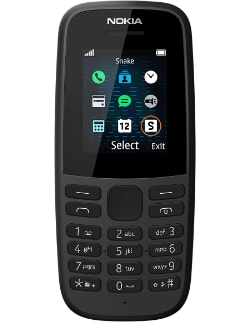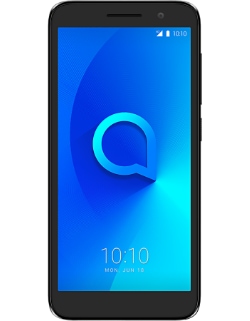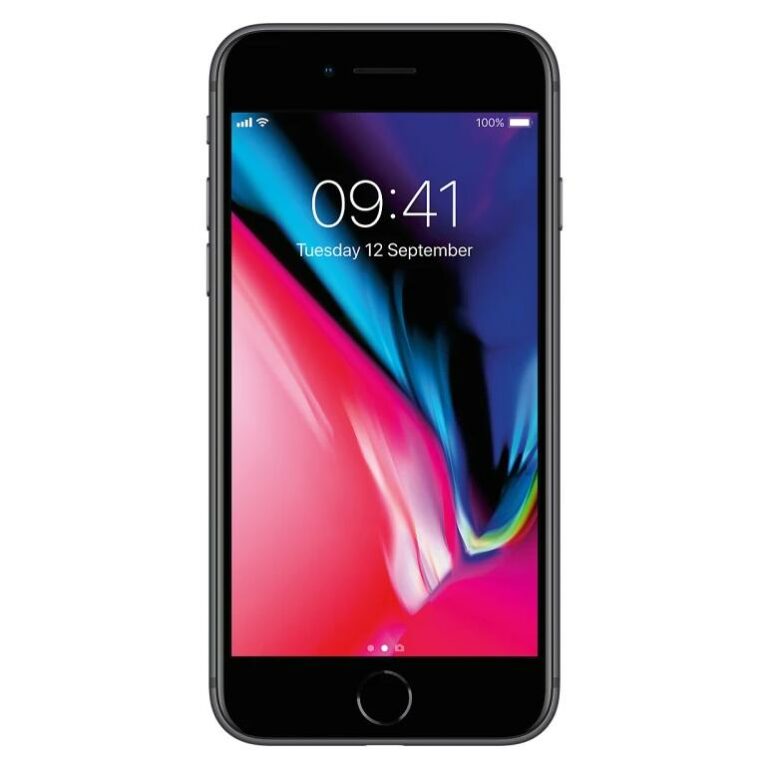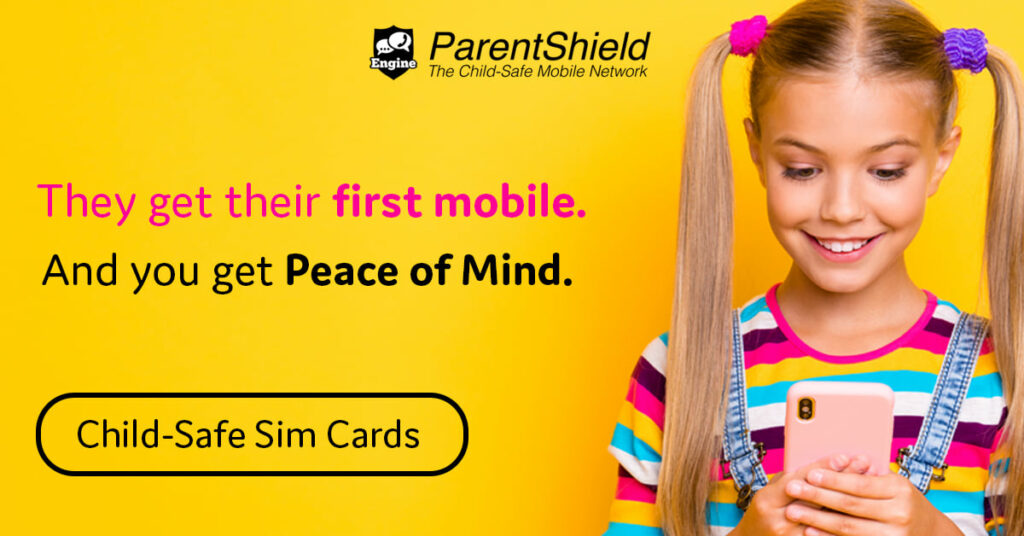Every year between the end of June and the beginning of September here at ParentShield we speak to hundreds of parents entering brand new territory. Back to School, going up to the big school, and potentially the first time their child will be away from home and needing to get in touch. It’s a scary time and means parents needing to do a little homework of their own!
Why children need phones for school
- To arrange for pick-ups after school or after-school activities
- To maintain contact during the journey to or from school
- For some classwork, or even simply as a calculator!
- Because all their friends will have one
- To reduce stress and promote independence
- For tracking and location
What phone choices do Parents have?
The difficulty parents face varies from family to family depending on the level of independence and confidence of the child, and the particular risks they face. But the practical decisions for parents usually start with the decision over what type of phone hardware they should furnish their child with, and what controls, safeguards or mitigations they should put in place.
The problems with taking a phone to school
- Might clash with school policy
- Phones can be valuable and a target for theft and mugging
- Bullying – phones can be a tool for bullying
- Loss and damage. Children have occasionally be known to lose phones !
- Remote access to inappropriate content
- Contact by undesirable people
Smartphone or dumbphone for School
A phone isn’t just for back to school!
Each has its own particular merits and downfalls but usually this first basic division will guide the rest of the decision making. It’s not as if it’s not possible to change at any time of course, and if a dumb phone proves to be unsuitable for one reason or another there is no reason why you can’t change to a smartphone at any time.
However, in our experience it’s far easier to incrementally remove restrictions as a child gets more confident and responsible than provide too much freedom straight away and then have to withdraw privileges and phone capability at a later date. As they age, children have a right to expect increasing responsibility and freedoms. Take away their iPhone 12 and give them a Nokia 106 and… well, we can hear the argument from here.
Smartphone for back to school
- Has Location and Tracking Capability
- Can be used for maps, timetables, diary, alarms etc.
- High street-cred value
But….
- Is a theft or damage risk
- Will need internet access for tracking or research use
- Will need extensive parental controls to become safe
- Peer pressure to have the best phone at school
For older children, the smartphone will probably be the only practical choice – particularly in schools where phone use in the classroom is allowed – it does happen!
By providing a hand-me-down phone or a basic ‘entry level’ android phone, the risks of damage or theft cost can be reduced, but the emotional risk to a child is still there as they will understandably feel very pressured and under a great deal of responsibility.
Parental controls can reduce the risks of remote internet access to a large degree but to a large extent – and in the child’s eyes certainly – such controls are akin to turning an iPhone into something useless!
Dumb Phone for school days
For younger children, or those with higher risks, a simple ‘feature phone’ will likely be the back-to-school phone of choice.
A feature phone is:
- Cheap to provide ( As low as £10 )
- Robust and hard to damage
- Long living and has a battery life measured in days, not hours
- Not a significant safeguarding risk when used with network controls
However what it doesn’t do is:
- Provide tracking or location
- Provide any extra ‘computer features’
- Impress your friends by having TikTok when they don’t
With the network safeguarding features of a ParentShield SIM, a dumb phone can be perfectly safe with comprehensive allow and block lists, call recording and monitoring as required.
School Mobile Phone Policy
A big decider of course, whether it’s back to school with a smartphone or feature phone, will be your child’s school mobile phone policy.
According to the ParentShield annual School Mobile Phone Policy survey the majority of schools surveyed have a policy of ‘out of sight out of mind’, followed fairly closely by ‘total ban’ so if your child is taking a phone to school for the first time, making sure you are aware of the school policy will be essential.
Naturally you want to avoid phone confiscation and the like and uncomfortable trips to the head’s office!
ParentShield’s SchoolBlock technology does allow time-based controls so a phone that is taken to school can’t become an unnecessary distraction.
Some Example Back To School Phones
6 – 8 years
Requirement: Calls and SMS
At this age they’re rarely out alone, but starting to walk to and from friends’ houses or playing-outside, out of sight.
You need a way for them to feel safe and connected. And it plays Snake!

9-12 years
Requirement: Calls, SMS, Geolocation, email, Map use
Longer periods away from home, walking to and from school and on organised school trips, after School clubs etc. So Location and the ability for more communication is needed.

13+ years
Requirement: Calls, SMS, Geolocation, email, Map use, online-banking, research, Online Ticketing, Music and education.
Further away from home, sleepovers and travelling between homes or home and school, longer commuting and the need to have study or entertainment alone for longer periods


